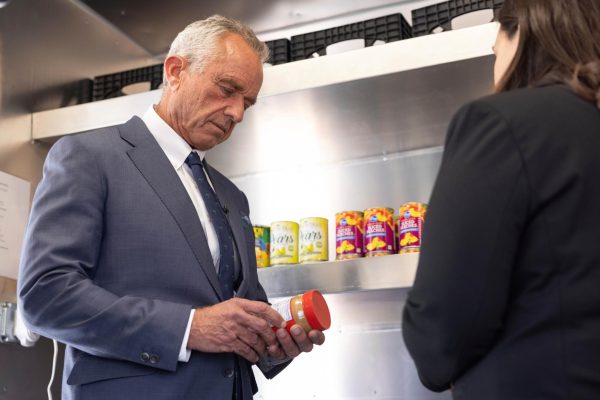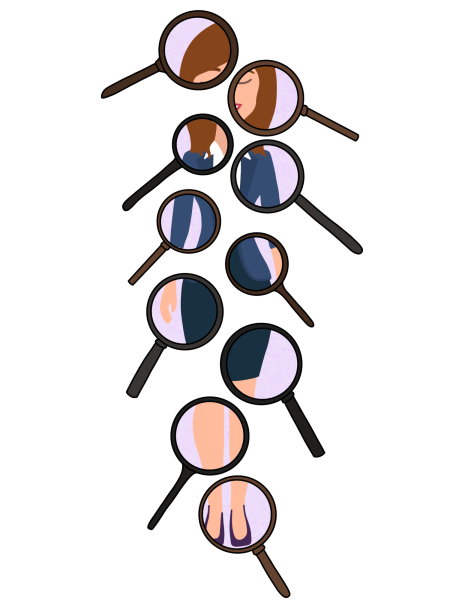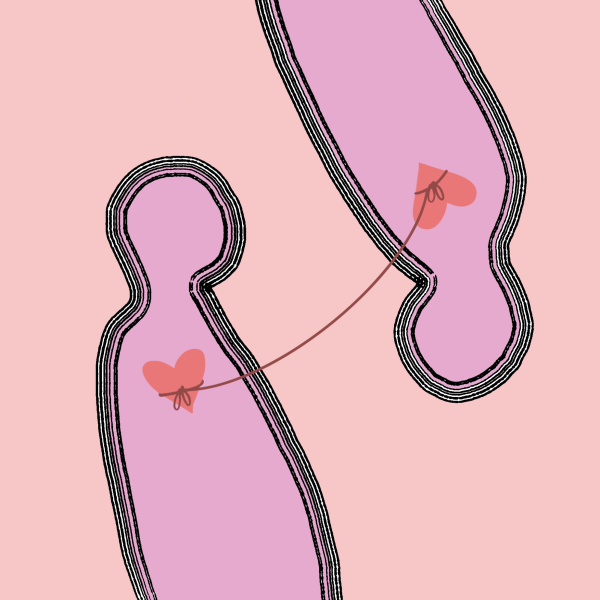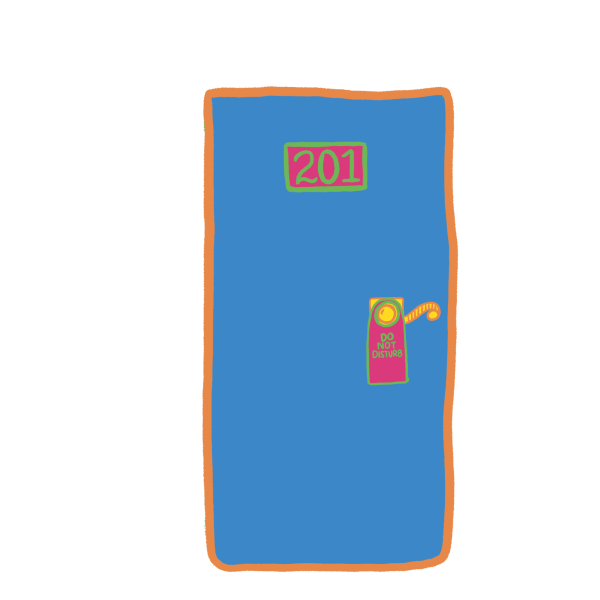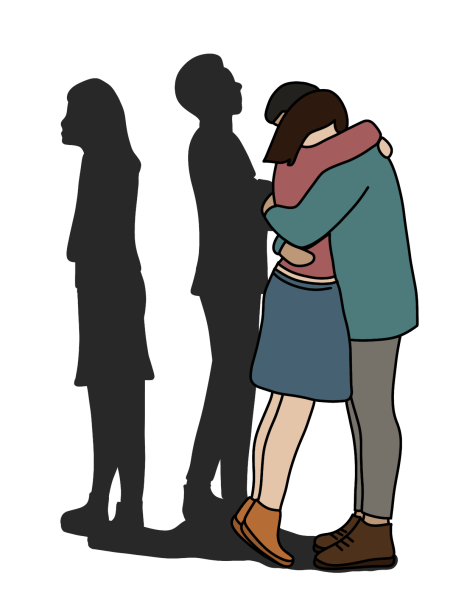Minus the City: Hooking Up with Your Best Friend
We’ve all been in a situation, or witnessed a situation, either in person or in some mediocre rom-com, where two people who start off as completely platonic best friends end up sharing a moment of intimacy. This moment tends to come as a huge surprise. In movies and television series, there can be one of two outcomes: either the two parties involved fall in love and get married, or their several minutes of bliss cause something completely disastrous. Like in Banana Split, when the main character April has a brief make-out sesh with her best friend Ben, only to cause a major conundrum within their friend group when April’s ex-boyfriend finds out. Clearly, we almost never really see an instance, at least on television, where hook-ups that begin platonically don’t completely change the dynamic of the friendship. It makes you think whether or not this is applicable to real-life situations; can hooking up with your best friend have a neutral effect on the relationship?
After reading “How Hooking Up With a Friend Changes the Relationship, According to 25 women,” an article from Elite Daily, it seems like eight times out of ten there is some change in the dynamic of the friendship. Whether that be a newfound sexual tension between both parties, one or both of the parties begins to develop romantic feelings or the friendship just completely ends with no communication afterward, the dynamic is altered. One woman expresses that if you end up hooking up with your best friend, “you probably won’t continue to be friends.” Still, there are some instances where hooking up has no effect on the friendship at all, and in other cases hooking up actually deepens the friendship immensely. One woman says that “it’s just part of [their friendship].” She explains after a few months of friendship with someone they had begun hooking up as she was in a polygamous relationship, and they both found that they can be very open with each other about when they were going to have sex and how exactly they wanted to do it. In another instance, the woman expressed that hooking up with her friend was relatively successful because both understood what the other liked, given both were comfortable enough with each other to thoroughly communicate. What is the common denominator here? Talking, both before and after.
It’s clear that hooking up with a friend may become an uncomfortable situation if intentions aren’t communicated both before and after, given that intentions could change over the course of the hook-up. Of course, most of these situations occur spontaneously, so talking it out before is not always an option. Whether the hook-up was good or bad, a talk the day after is essential so both of you can reach a common ground in terms of what to expect from the friendship going forward. Is this something you both enjoyed? Is it something you both feel should be a one-time thing? Are you both comfortable enough to tell mutual friends? Whatever it is, it must be communicated to avoid misunderstandings and awkward tension in the future. Most importantly, however, you must understand what exactly you are getting into if you find yourself in a situation where things might escalate. As professor Geoffrey Greif at the University of Maryland puts it, “[Hooking up] can be a natural progression to a long-term relationship, but it can also be the basis for misunderstandings and a lost friendship. Are [you] willing to risk what will most likely be a profound shift in the relationship?” Do you truly understand how you might be affected by this, or how your actions might affect the other party involved? It’s up to you to decide whether or not it is worth it to hook-up with a friend once you have weighed the risks and rewards.


